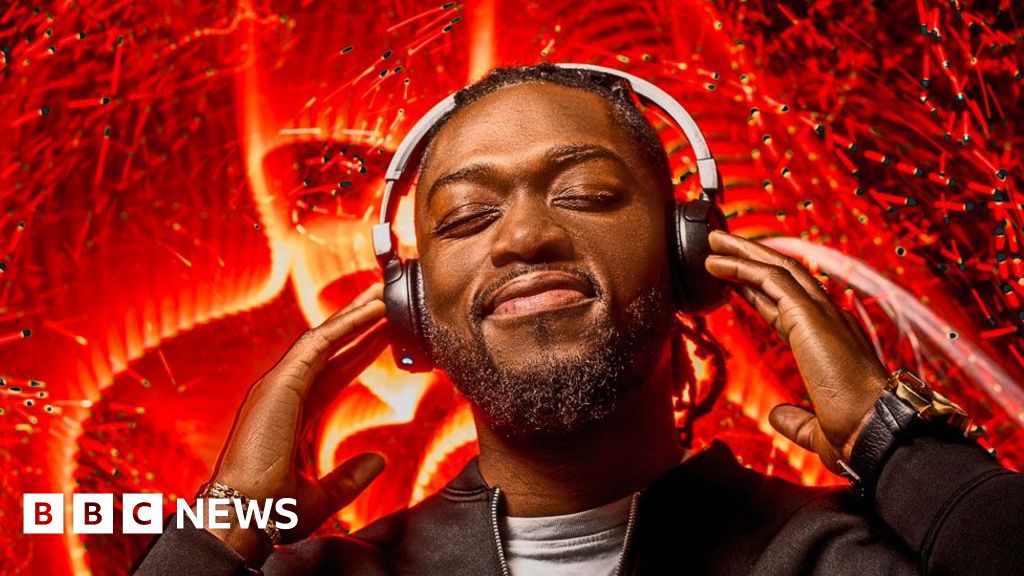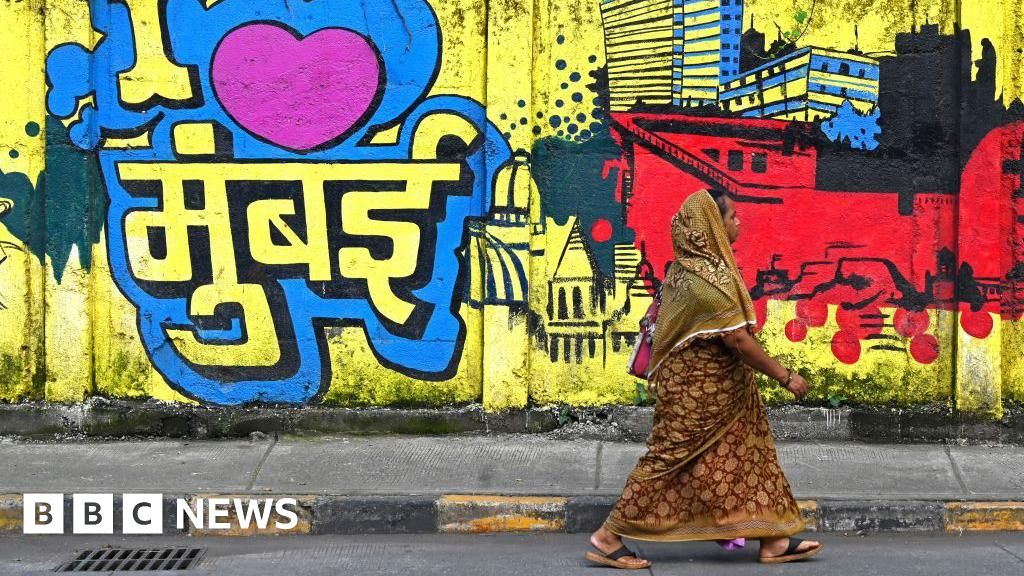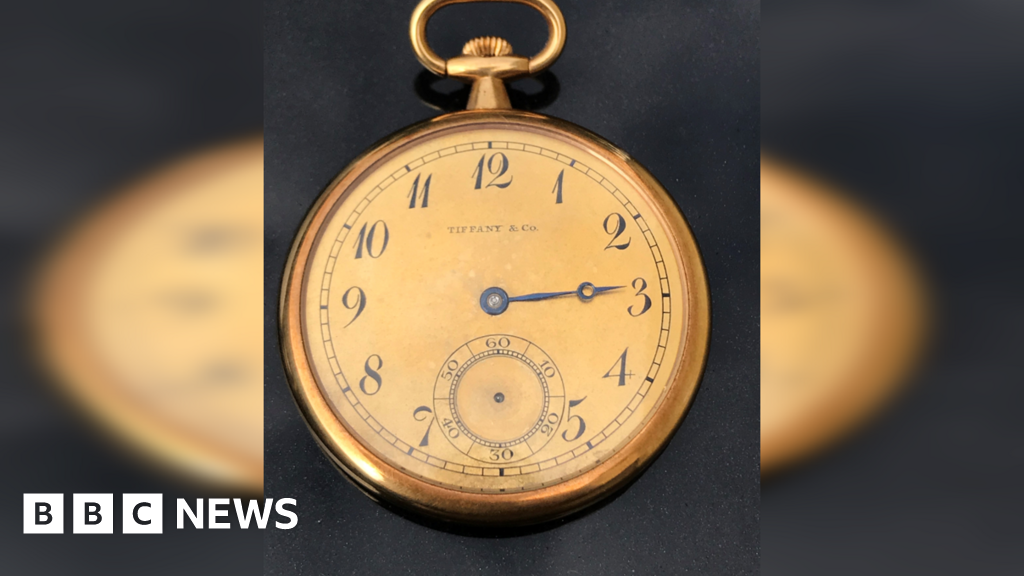ARTICLE AD BOX
An Australian court has said it was reasonable to be concerned that Novak Djokovic might have inspired anti-vaccine sentiment, and revoke his visa.
The tennis star had been preparing for the Australian Open when the immigration minister cancelled his visa on "health and good order" grounds.
"An iconic world tennis star may influence people of all ages," it said.
In its formal written decision, it found that Djokovic could encourage "especially the young and the impressionable, to emulate him".
"This is not fanciful; it does not need evidence. It is the recognition of human behaviour," the three-judge panel wrote.
And it noted that such influence might not affect just anti-vaccination campaigners, but "also... people who may simply be uncertain or wavering as to whether they will be vaccinated".
Djokovic had initially been detained by border officials when he arrived in Australia in early January and his visa was cancelled. But he won a legal case challenging that decision, before immigration minister Alex Hawke stepped in and cancelled it again on 14 January.
This time, the player's lawyers had argued that the world's number one men's tennis player had never told people not to get vaccinated, and the decision by the minister was not based on fact.
But the panel rejected those claims.
Djokovic "had for over a year chosen not to be vaccinated since vaccines became available", they said. And the minister was concerned by reports that anti-vaccination groups "had portrayed Mr Djokovic as a hero and an icon of freedom of choice".
The issue was not about whether Djokovic was proven to be a risk, but only whether the minister was "satisfied" that he might be.
"Another person in the position of the Minister may have not cancelled Mr Djokovic's visa. The Minister did," they wrote.
The court papers also showed that an online BBC News article appears to have been submitted as evidence.
"What has Novak Djokovic actually said about vaccines?" was cited in the minister's reasons as a record of the star's historic comments, including that he had, before Covid vaccines were available, said he was "opposed to vaccination".
He later clarified his position by adding that he was "no expert" and would keep an "open mind" but wanted to have "an option to choose what's best for my body".
Djokovic's lawyers took issue with the article as evidence, arguing that Djokovic had not been asked for his current views.
But the court said the tennis player had not said anything to suggest a "change of attitude" either in public or when interviewed by Australian officials.
Moment Djokovic learns his Australian Open fate
Djokovic was deported following the court's decision, arriving back home in Belgrade, Serbia on Tuesday.
On Wednesday, The Sun newspaper reported that the player was considering suing the Australian government for millions of pounds for alleged "ill treatment".
Citing an anonymous source "close to" Djokovic's agent, the newspaper reported that the amount would include his "winnings" that he might have made had he been allowed to compete.
Djokovic's legal team declined to comment on that report when contacted by the BBC.
Doubt has also been cast on Djokovic's ability to play in the next major tournament, the French Open, in May.
French officials have said that no exemptions will be granted to France's latest vaccine passport rules, which apply to both athletes and spectators. However, sports officials have also said it is possible the rules could be relaxed by May.

 2 years ago
17
2 years ago
17








 English (US)
English (US)